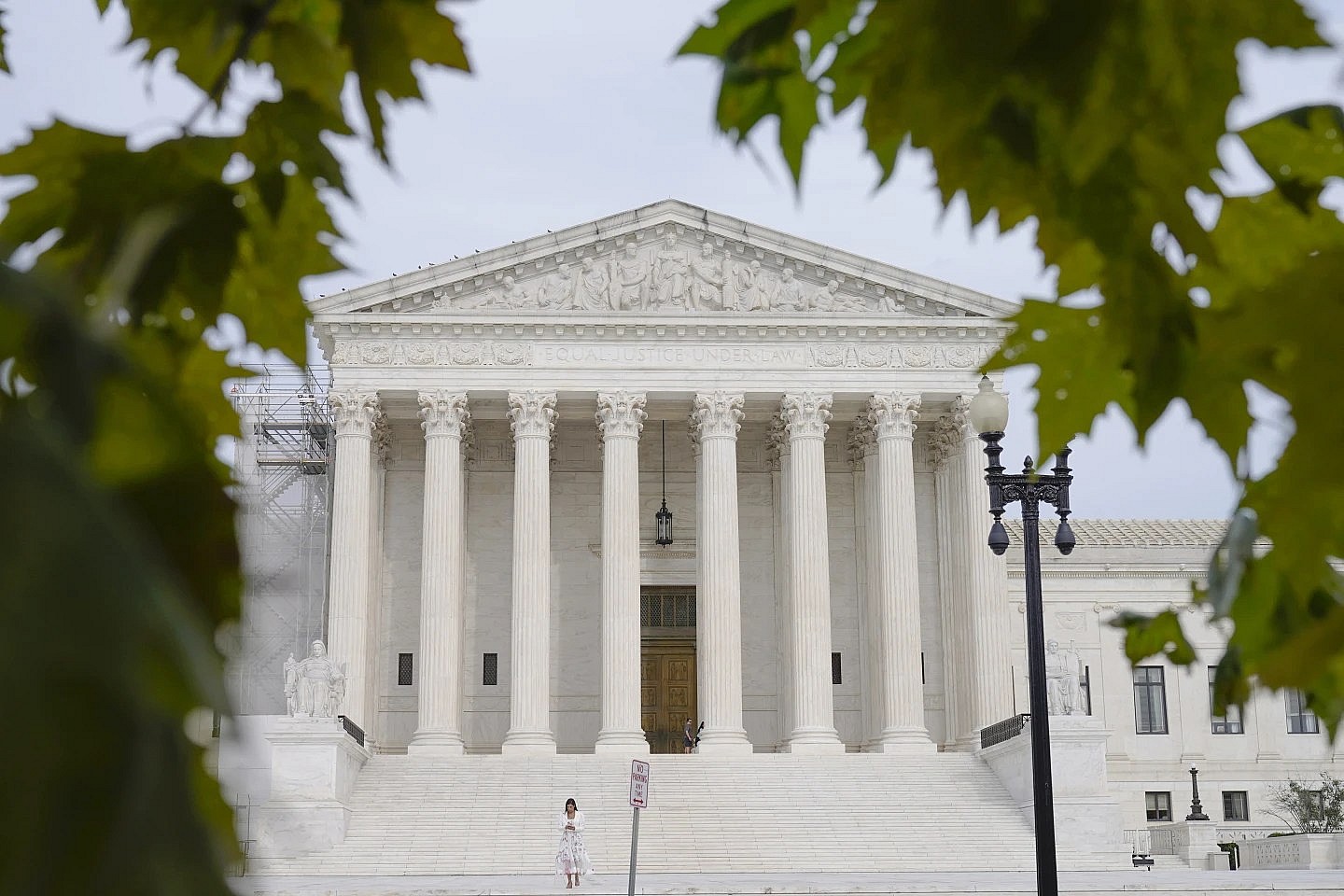Supreme Court Justice Clarence Thomas wants the high court to reconsider a landmark ruling in a move that could have devastating impacts on the press and ordinary citizens.
In the New York Times v. Sullivan case, the court ruled that in a defamation lawsuit, where a media outlet publishes a defamatory statement about a public official, the public official would have to prove “actual malice.” This means that the public official would have to show that the media outlet knew that the published statement was false or the media outlet acted recklessly when it decided to publish inaccurate information.
Earlier this week, Thomas revived his argument that the “actual malice” standard gives members of the press immunity to publish whatever they want because proving the standard is the hardest element to overcome in a defamation case. The Supreme Court should consider the standard, established in 1964, when brought “in an appropriate case,” Thomas wrote.
“I continue to adhere to my view that we should reconsider the actual-malice standard,” he said.

John Hasnas, a Georgetown University law Professor, agrees with Thomas and told theGrio, “I think that the New York Times v. Sullivan case should be re-examined.”
“New York Times v. Sullivan is a constitutional tort reform measure that says you can print things in the press, even if you don’t use reasonable care. You just can’t recklessly disregard the truth,” he said.
Re-examining the ruling would help eliminate the existence of “irresponsible press” like the National Enquirer, a magazine tabloid magazine known for publishing explosive content, Hasnas said.
However, Vera Eielman, the senior staff attorney with the American Civil Liberties Union Speech, Privacy & Technology Project, told theGrio that it is very important to keep the “actual malice” standard in place to protect the press and everyday Americans.
“It’s really about the freedom of everyone, of any member of the public to speak out and to make their opinions known, including about powerful actors in society,” she said.
“I think that it’s also important to recognize that there are any number of meritless defamation lawsuits filed regularly across the country in an attempt to silence people who are trying to speak out,” she continued.
Some speculate that Thomas wants to re-examine the ruling in New York Times v. Sullivan in light of recent ProPublica reports that have raised questions about ethics as a Supreme Court justice over the years.
According to ProPublica, Thomas engaged in dealings with the Koch Brothers, who have had business before the court. The outlet also reported that Thomas took luxury trips and accepted lavish gifts from Harlan Crow, a billionaire Republican donor.
Hasnas told theGrio, he does not believe Thomas is trying to silence the press in light of the ProPublica reports.

“Thomas has advocated [reviewing New York Times v. Sullivan] for a long time,” he added.
Hasnas also emphasized to theGrio, “The New York Times v. Sullivan case is irrelevant to what’s going on with him right now because the statements that were published about Thomas [in ProPublica] are true, which means they can’t be defamatory.”
However, Eielman told theGrio if the “actual malice” element were removed, media outlets like ProPublica could face defamation lawsuits against public figures like Thomas, even if what they publish is “absolutely true.”
“It’s very important for there to be breathing space for people to exercise their First Amendment rights, including people who are making absolutely true statements and people who are simply sharing their opinions,” she said.
TheGrio is FREE on your TV via Apple TV, Amazon Fire, Roku, and Android TV. Please download theGrio mobile apps today!

